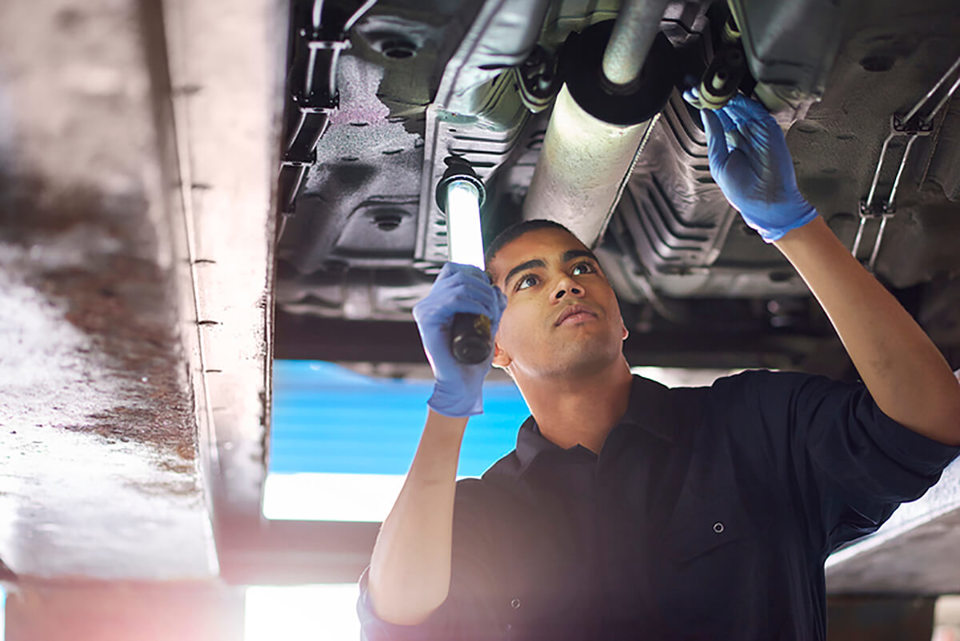Servicing your vehicle regularly and considering a monthly service plan can help prevent motorists being hit with a hefty bill, with the stricter new MOT testing criteria that came into place on 1st January 2012, says insurance and warranty specialist MB&G.
The current economic climate has forced more and more private motorists and light commercial vehicle drivers to keep their vehicles into their fourth and fifth years – the age when vehicles are more likely to require additional repairs and maintenance.
Whilst the impact of the new criteria will not be apparent until later in 2012, thereby giving vehicle testers time to prepare, MB&G believes motorists could spread the cost of repair bills by ensuring their vehicle is serviced regularly.
The new European legislation, which will see a minimum standard introduced across all EU member states, will be administered by the Vehicle and Operator Services Agency (VOSA) in the UK and includes additional checks on some features already tested such as brakes, lights and steering suspension, but also new checks including electrical safety systems such as electronic stability control.
Approximately 50 new checks are to be incorporated into the test, including:
- Anti-lock braking systems / Electronic stability control systems
- Tyre pressure monitoring systems
- Supplementary restraint systems including airbags and seat belt pre-tensioners
- Electronic power steering systems
- Electronic parking brakes
MB&G managing director, David McPhee says: “Motorists should remember that having a full service history will greatly increase the value of their car or van, while keeping them safe and legal on the road and enabling them to budget for the future without fear of those unpleasant, unplanned financial surprises.
“Whilst the full impact of the new test is uncertain, the fact that even more components are now being covered could unnerve both would-be car buyers and service customers in these cash-conscious times. Drivers should, however, be aware that these systems, which are now on the check list could be beneficial to drivers in the long run; problems could be flagged at an earlier stage and may not be as costly to repair which is a plus for all parties.”

















Login to comment
Comments
No comments have been made yet.